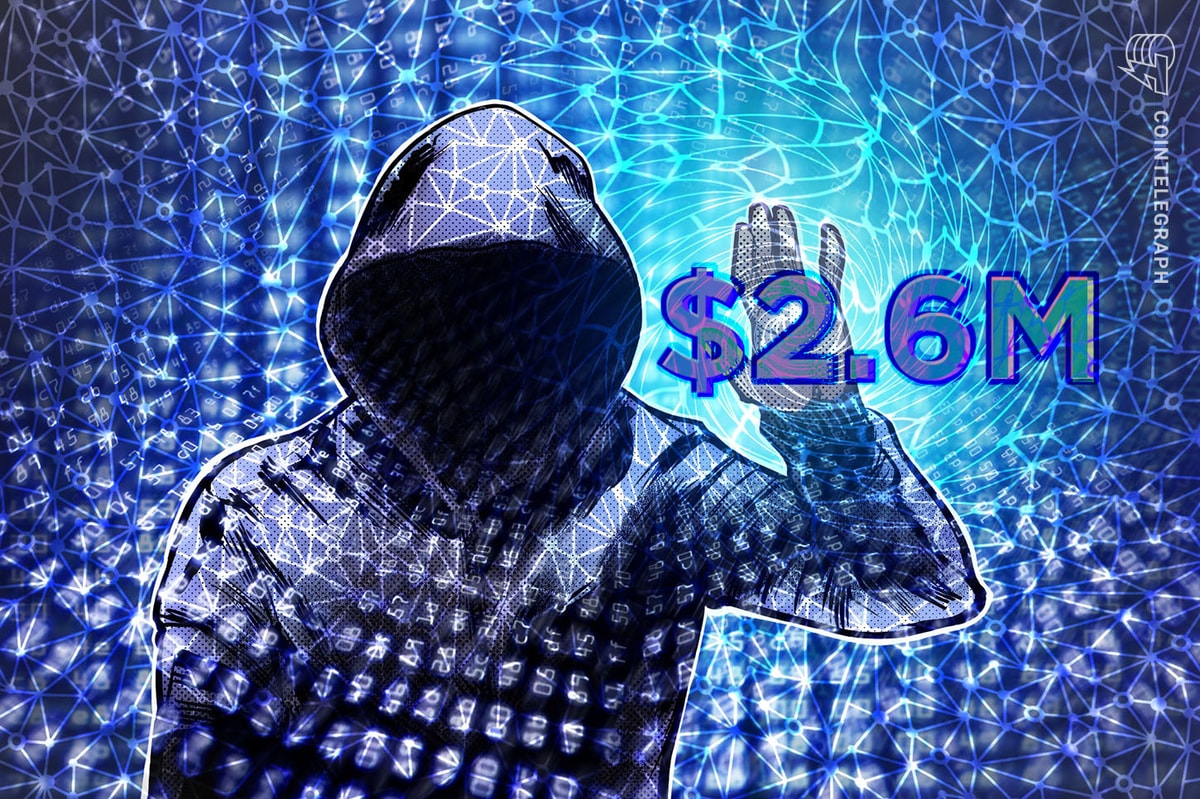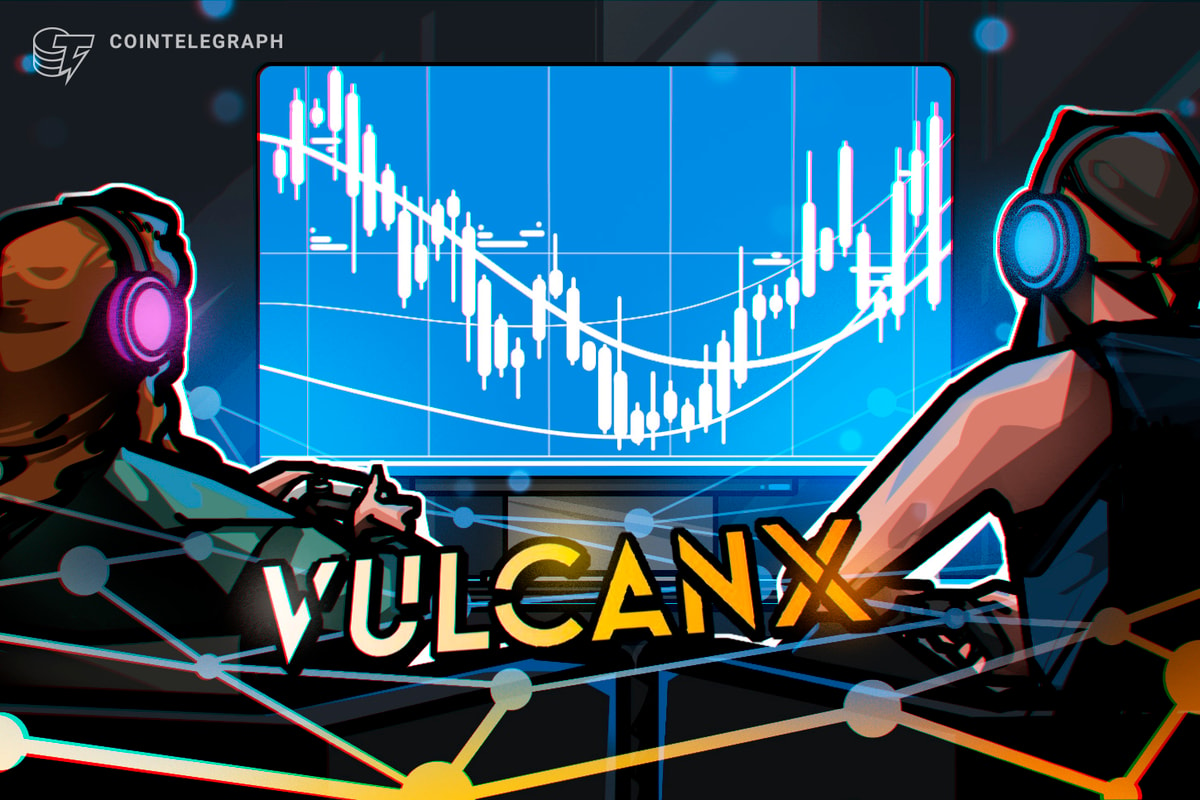How do you stop gamers from taking their swordsmanship and winnings and moving to other gaming worlds? Developing loyalty is one of the biggest challenges in the super competitive gaming world. Providing gamers with control within the gaming environment is a key retention tool, according to game loyalty studies. Gamers do indeed jump at opportunities to role play and develop their own in-game personas. The FLUX gaming platform is giving gamers their best role yet, that of an investor.
The decentralized FLUX market is creating a loyal gaming community by providing ownership opportunities to all participants in the gaming ecosystem–developers, players, traders and streamers.
By becoming investors in gaming platforms, participants have more incentives to develop and play games, trade assets and refer new players. The monetization of more aspects of the game market on the Blockchain should lead to a boom in mobile gaming, already a fast-growing market segment.
Game Investor
There are several ways gamers can become investors in the FLUX platform. The first opportunity is buying the in-game currency, FLUX tokens, through the initial coin offering (ICO). The second way to acquire tokens is through the FLUX crowdfunding platform, which allows gamers to invest directly in the ICO of individual games. Once on the platform, various game actions pay out in tokens, including playing games and trading in-game items, developing and uploading games and streaming games. Gamers may receive more tokens distributed through tournaments and rewards.
As owners, investors have an incentive to promote the FLUX gaming platform. Like shares in a company, investors expect their investment to appreciate as the FLUX coins increase in value. About 31 percent or 700 mln gamers play competitively. Competitive players are more likely to be loyal to a game since they have devoted significant time to mastering specific in-game skills. The other two-thirds of non-competitive players can easily be enticed to jump to other games by high potential winnings and rewards.
The FLUX platform also uses referrals, whereby gamers receive commissions on the fees of new players they attract to the platform. Such affiliate programs are the most popular form of advertising (used by 90 percent of advertisers) because they give players a stake in the success of the game. Ownership provides a direct stake in a gaming platform’s success, and thus more incentive to promote FLUX games
Every person who invests in FLUX Token Sale more than $500,000 receives a personal escrow plan called the Special Investments Control System. The FLUX team receives only 15 percent of the allotted budget and will then take partial payments from the said budget during the development process. If the investors’ expectations are not met, they can withdraw the funds anytime.
Peer-to-peer gaming
The direct investment model is a natural extension of the peer-to-peer engine powering FLUX—the Blockchain. Gaming opponents transact directly on the transparent Blockchain, eliminating the need to pay 30 percent of winnings in commissions to the gaming platform. Instead, a fee of one to seven percent is charged, of which 50 percent goes to game developers, 10 percent to rewards and 40 percent to marketing and administration.
Game players, who thrive on instant gratification, no longer have to wait for their winnings to be released. A player who has just fought off the overlord of an underworld can settle with his opponent immediately. Both players and an arbiter are part of a tamper-proof smart contract. When a game is initiated, escrow is secured from the crypto wallets of both players, but no direct transfer is required on the transparent, cryptographically secure Blockchain. Thus, if the player pays by cryptocurrency rather than fiat currency or credit card, the fee to transaction processors may also be reduced or avoided. When the game ends, the arbiter designates the winner, and the payment is instantaneously released.
The FLUX ICO
Investors can buy FLUX coins at a discount by participating in the pre-ICO on Dec. 1 before the launch of the first stage of the ICO on Dec. 10. The minimal cap is 5,000 ETH, and each ETH is worth 600 FLUX tokens. Eighty-five percent of the ICO proceeds will be distributed to investors, seven percent to advisors, five percent to an early stage fund to support marketing and admin, and three percent to a bounty program.
Disclaimer. Cointelegraph does not endorse any content or product on this page. While we aim at providing you all important information that we could obtain, readers should do their own research before taking any actions related to the company and carry full responsibility for their decisions, nor this article can be considered as an investment advice.











